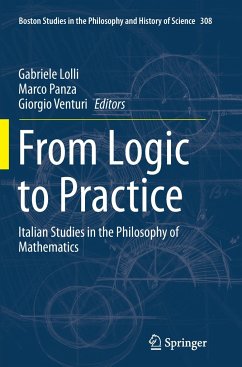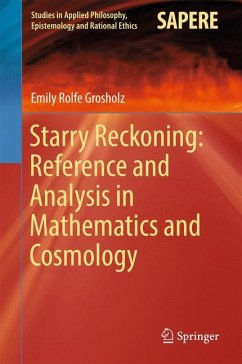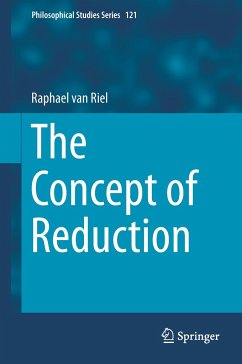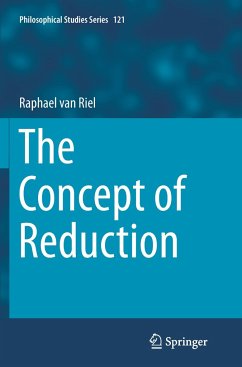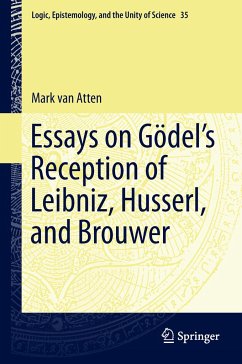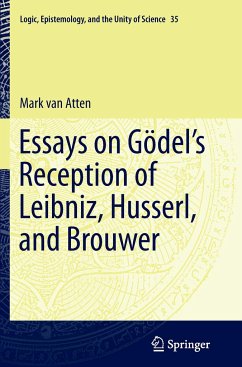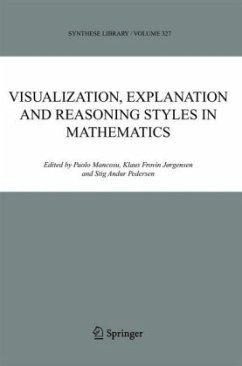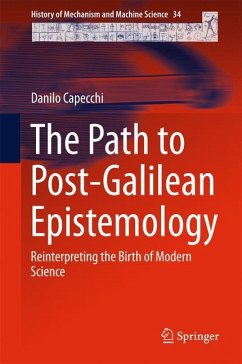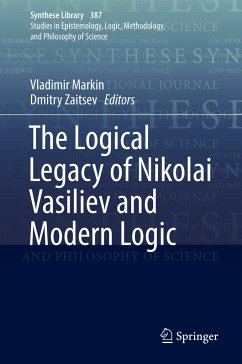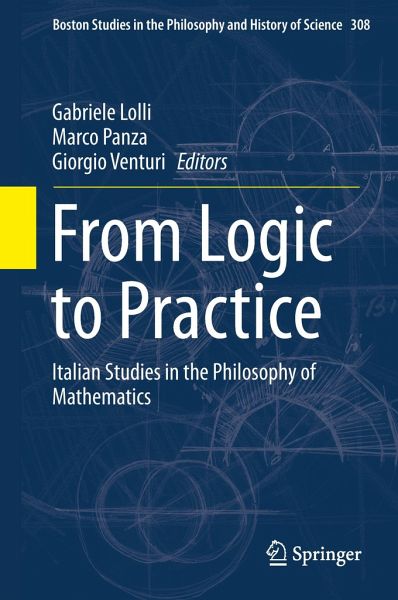
From Logic to Practice
Italian Studies in the Philosophy of Mathematics
Herausgegeben: Lolli, Gabriele; Panza, Marco; Venturi, Giorgio

PAYBACK Punkte
19 °P sammeln!
This book brings together young researchers from a variety of fields within mathematics, philosophy and logic. It discusses questions that arise in their work, as well as themes and reactions that appear to be similar in different contexts. The book shows that a fairly intensive activity in the philosophy of mathematics is underway, due on the one hand to the disillusionment with respect to traditional answers, on the other to exciting new features of present day mathematics. The book explains how the problem of applicability once again plays a central role in the development of mathematics. I...
This book brings together young researchers from a variety of fields within mathematics, philosophy and logic. It discusses questions that arise in their work, as well as themes and reactions that appear to be similar in different contexts. The book shows that a fairly intensive activity in the philosophy of mathematics is underway, due on the one hand to the disillusionment with respect to traditional answers, on the other to exciting new features of present day mathematics. The book explains how the problem of applicability once again plays a central role in the development of mathematics. It examines how new languages different from the logical ones (mostly figural), are recognized as valid and experimented with and how unifying concepts (structure, category, set) are in competition for those who look at this form of unification. It further shows that traditional philosophies, such as constructivism, while still lively, are no longer only philosophies, but guidelines for research. Finally, the book demonstrates that the search for and validation of new axioms is analyzed with a blend of mathematical historical, philosophical, psychological considerations.




